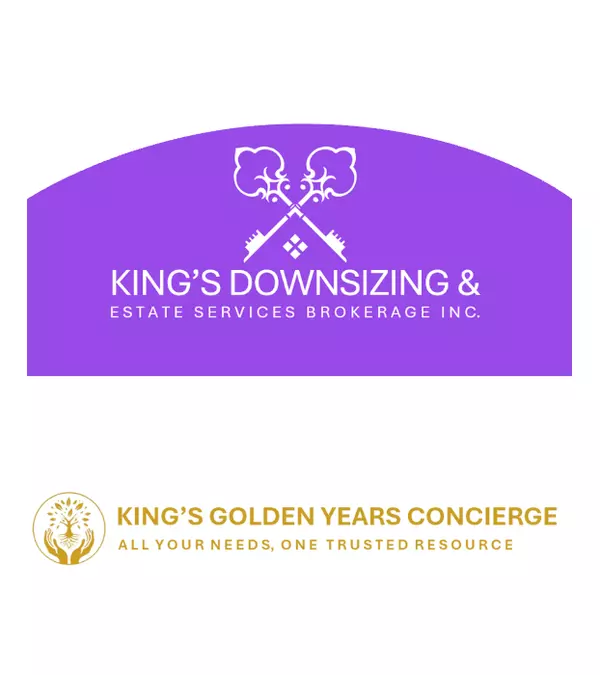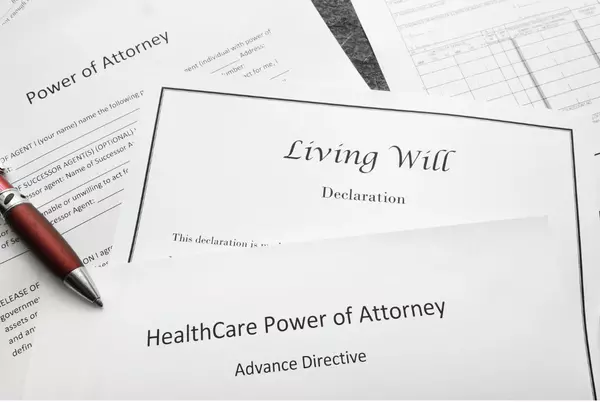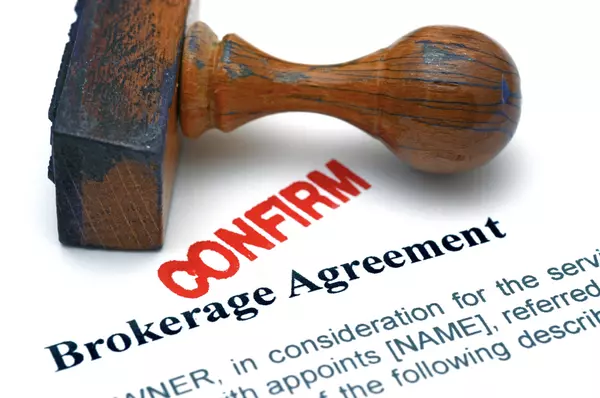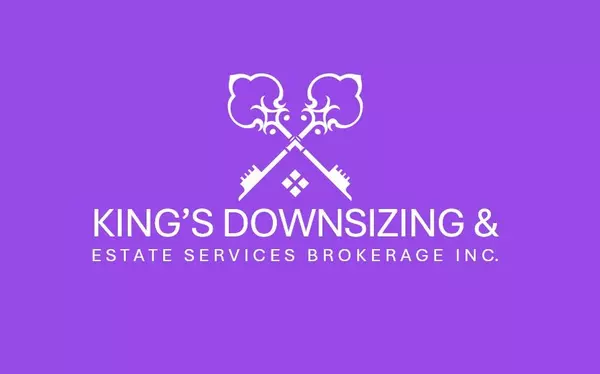Navigating the estate settlement process can be challenging, especially during a time of emotional adjustment. Whether you are an executor or a family member managing a loved one's estate, understanding the steps involved can help streamline the process, reduce stress, and ensure that every detail is handled with care. At King's Downsizing & Estate Services, we aim to simplify estate settlement so you can focus on honoring your loved one's legacy. Here’s a breakdown of what you need to know to settle an estate efficiently and compassionately.
1. Understanding Estate Settlement Basics
Estate settlement is the legal process of distributing a deceased person's assets according to their will or, if they died intestate (without a will), as directed by provincial law. An executor is typically appointed to manage this process, which involves gathering assets, paying off debts, and distributing the remaining property to beneficiaries.
Tip: If you are an executor, know that you are legally obligated to carry out your duties diligently and impartially, which may involve hiring professionals for guidance and support.
2. Gather Essential Documents
The first step in estate settlement is locating important documents, such as the will, insurance policies, bank statements, deeds, and other financial records. Organizing these documents early on provides clarity and can prevent delays in the settlement process.
Tip: Make a checklist of documents to ensure that nothing crucial is overlooked. This may include locating online accounts and subscriptions, as they may also need to be managed or closed.
3. File for Probate if Required
Probate is the legal process that validates the will and grants the executor authority to administer the estate. In Ontario, probate may be necessary depending on the value of the estate or if certain financial institutions require proof of an executor’s legal authority.
Tip: Speak with a legal professional to determine if probate is required. At King's Downsizing & Estate Services, we work with trusted legal partners who can help you navigate the probate process efficiently.
4. Identify and Value Assets
As part of the settlement process, the executor must identify, secure, and value all of the deceased’s assets. This includes everything from bank accounts and investments to real estate and personal property. Some items, like family heirlooms or valuable collections, may require professional appraisals.
Tip: Creating a detailed inventory of assets can provide transparency and help beneficiaries understand what is involved in the estate. If the estate includes significant assets, consider hiring a professional appraiser for an accurate valuation.
5. Settle Outstanding Debts and Taxes
Before distributing assets, any outstanding debts, taxes, and expenses must be paid. This may include final income tax returns and any taxes owed on the estate itself. It's important to work with an accountant or tax professional to ensure that all financial obligations are met.
Tip: Keep copies of all transactions and payments made on behalf of the estate. This not only provides accountability but may also be required for reporting purposes during the final stages of estate settlement.
6. Distribute Assets to Beneficiaries
Once debts and taxes are cleared, the executor can distribute the remaining assets to beneficiaries according to the will. This may involve liquidating certain assets or transferring property titles. Open and clear communication with beneficiaries helps avoid misunderstandings and ensures everyone is on the same page.
Tip: Create a timeline for distribution and communicate it with beneficiaries. Transparency about the timeline helps set expectations and fosters trust among family members.
7. Keep Detailed Records Throughout the Process
The executor must maintain meticulous records of all transactions, communications, and distributions. These records will be critical if there are any questions from beneficiaries or if the executor needs to file a final accounting with the court.
Tip: Consider using an organized binder or a digital record-keeping system to stay on top of paperwork. This will simplify the final reporting process and make it easier to reference documents when needed.
8. Seek Professional Support When Needed
Estate settlement can be complex, particularly if there are disputes or complications involving the estate. Hiring a professional downsizing and estate service, like King’s Downsizing & Estate Services, can ease this burden by handling logistics, managing estate sales, or coordinating with legal and financial professionals.
Tip: Remember, estate settlement is a process that can be made easier with a supportive team. Don’t hesitate to seek assistance—having knowledgeable support ensures nothing is overlooked.
Settling an estate doesn’t have to be overwhelming. At King’s Downsizing & Estate Services, we provide compassionate, comprehensive support throughout the estate settlement process, from asset organization to final distribution. Contact us today to learn more about how we can simplify estate settlement for you and your family, giving you peace of mind during this important transition. Let us help you honor your loved one’s legacy with respect, efficiency, and care.











